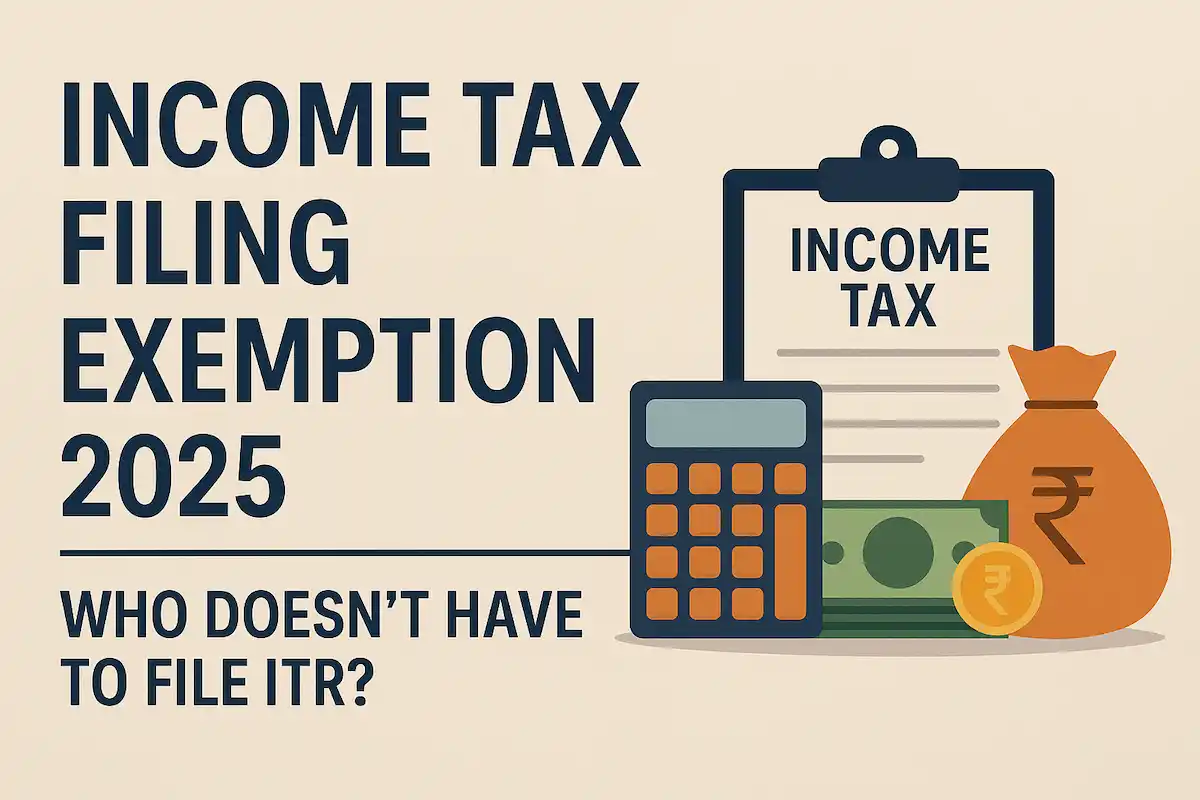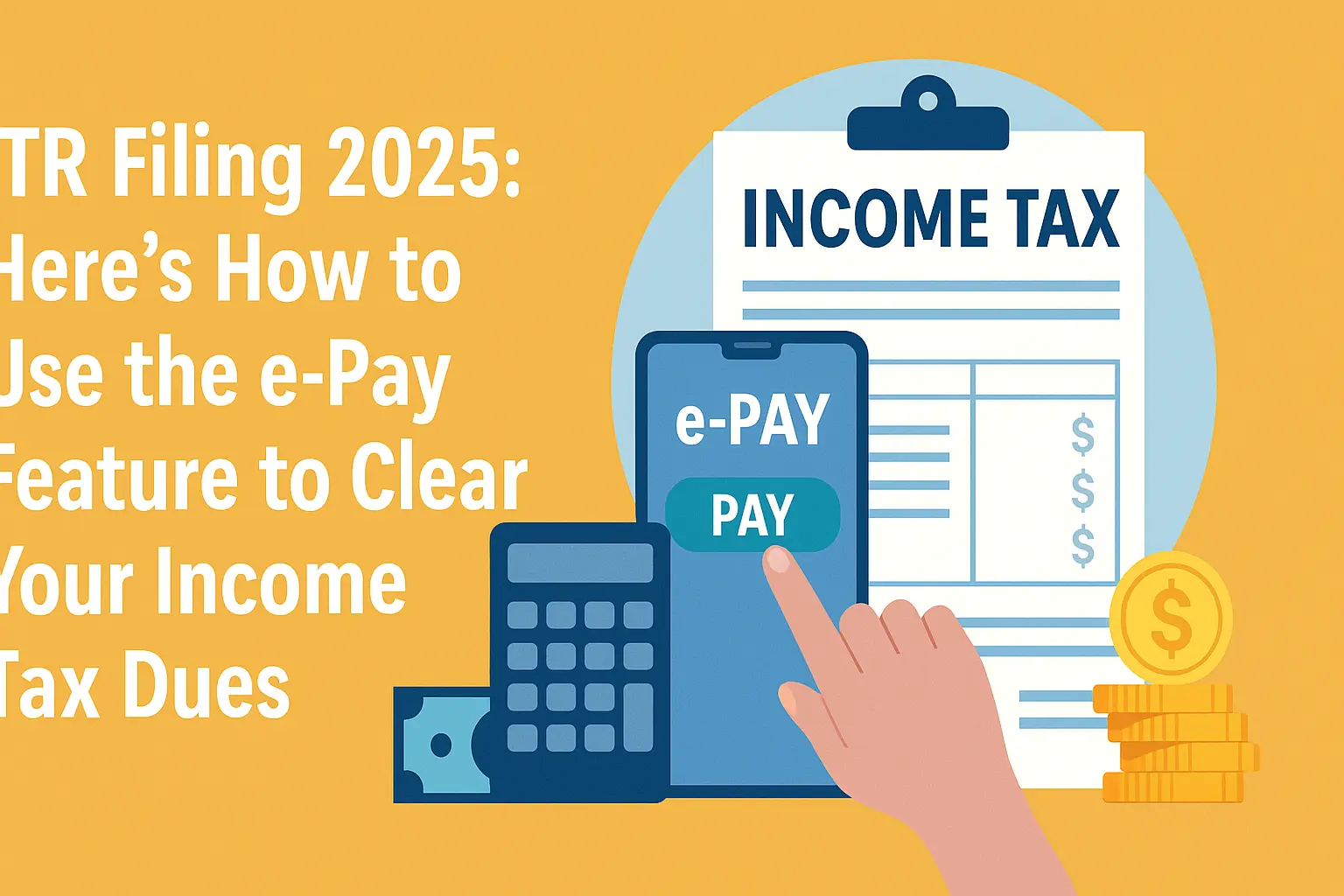📈 SIP vs NPS: Which Can Generate a Higher Corpus?
When it comes to long-term wealth creation, investors often find themselves choosing between SIP (Systematic Investment Plan) and NPS (National Pension System). Both options offer disciplined investing and future financial security, but they differ significantly in returns, risk, tax benefits, and flexibility.
Let’s break it down and find out which one can generate a higher corpus over time.
🔍 What is SIP?
A Systematic Investment Plan (SIP) is a way to invest small amounts regularly in mutual funds. It offers flexibility in choosing funds (equity, debt, or hybrid) based on your risk profile.
- 💼 Return Potential: Historically, equity SIPs have delivered 10–15% annual returns.
- 📆 Flexibility: You can start, stop, or modify your SIP anytime.
- 📊 Liquidity: Withdraw funds whenever you need — no lock-in (except for ELSS).
- 💰 Taxation: Long-term capital gains (LTCG) are taxed at 10% beyond ₹1 lakh/year.
🔒 What is NPS?
The National Pension System (NPS) is a government-backed retirement scheme designed for long-term financial planning. It invests in a mix of equity, corporate bonds, and government securities.
- 🧾 Return Potential: NPS typically delivers 8–10% annual returns.
- 📉 Low Cost: One of the lowest expense ratios among retirement products.
- 🔐 Lock-in: Maturity at age 60. Partial withdrawals allowed under certain conditions.
- 🏦 Tax Benefits: Additional ₹50,000 deduction under Section 80CCD(1B) apart from ₹1.5 lakh under Section 80C.
📊 SIP vs NPS: Corpus Comparison Over 25 Years
| Criteria | SIP (Equity Fund) | NPS (Mixed Allocation) |
|---|---|---|
| Investment Amount | ₹5,000/month | ₹5,000/month |
| Investment Duration | 25 years | 25 years |
| Expected Returns | ~12% p.a. | ~9% p.a. |
| Estimated Corpus | ₹1.05 crore | ₹66.8 lakh |
💡 Note: Actual returns may vary based on market conditions.
🏁 Which One Builds a Bigger Corpus?
In pure numbers, SIP in equity mutual funds has the potential to generate a significantly higher corpus than NPS, thanks to higher return rates and market-driven growth. However, NPS scores high in terms of tax savings, retirement focus, and low cost.
📝 Final Verdict:
- Choose SIP if you want higher returns, flexibility, and liquidity.
- Opt for NPS if you’re looking for retirement-focused, tax-saving, disciplined investing.
👉 Pro Tip: For the best of both worlds, many experts recommend investing in both — SIPs for wealth creation, and NPS for stable retirement income.


















